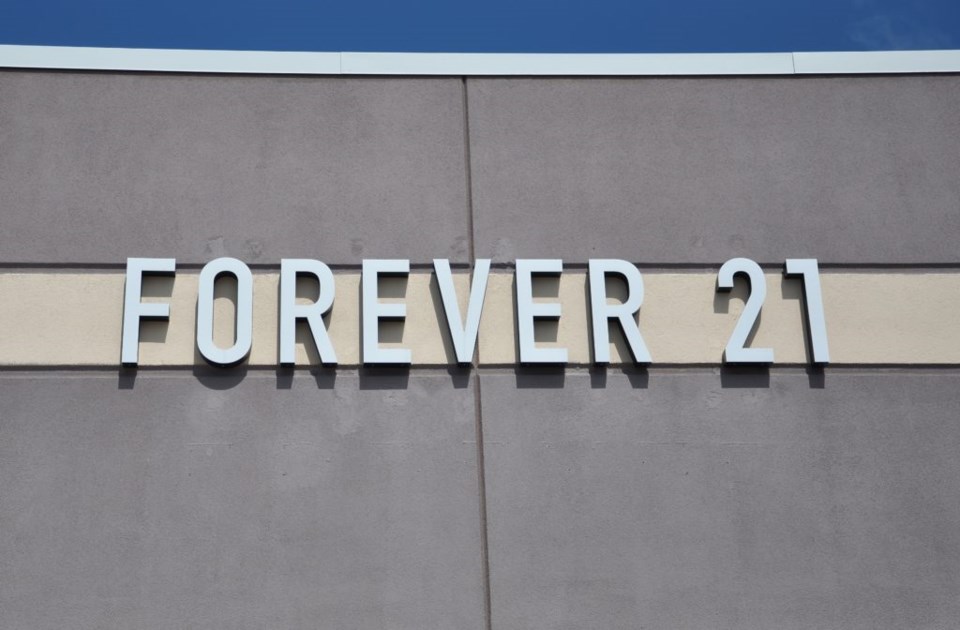On the last Friday in September, over 100,000 people – according to police estimates – marched through the streets of downtown Vancouver as part of the international climate strike.
The photos are striking: aerial shots of downtown bridges and streets completely packed. Similar events took place in Victoria, Kelowna, Chilliwack, and other cities across the province.
This kind of movement also has a huge ripple effect for businesses. While some bigger chains like Mountain Equipment Co-op and LUSH closed shops for the day to allow staff to participate (and leverage the massive PR opportunity), many smaller shops saw a spike in traffic.
In Chilliwack, Harvest Cafe had a line out the door with most patrons carrying homemade climate strike signs. The city’s downtown was buzzing, with most shops seeing an increase in traffic.
"Many attendees came in to browse for books after the climate strike Events. We sold a large number of books from our conservation section; people wanted ideas on how they could reduce their footprint, and live a greener lifestyle,” said Amber Price, owner of The Book Man
Along the Vancouver parade route, pizza shops and cafes were full (with a few more reusable cups than usual).
Another way the climate movement affects retail is when people cut down on their purchasing habits all together. We’ve seen the effects most tangibly in the clothing industry with a movement away from fast fashion. One of the bigger players in this realm, Forever 21 just announced they are closing their Canadian stores this month.

The secondhand clothing industry is growing exponentially. In 2018, it was estimated to be worth $24 billion in the US; with fast fashion worth $35 billion. That gap is closing fast.
Some influential members of the movement are also committed to taking a break from buying clothes altogether (for a specified and limited time period of course). One of them is Jennifer Wilson, who formerly owned and ran kids clothing company VonBon, before shutting it down to spend more time with her family.
We are seeing more of a focus on experiences and quality time, people moving away from haphazard luxury purchases or status symbols and investing more time and energy into experiences.
The trick is for businesses to get ahead of this sustainable wave, before like Forever 21 they are forced to liquidate an entire country’s worth of stores to dodge bankruptcy.
Ada Slivinski is the Founder & Principal of Jam PR, a boutique agency focused on helping small businesses get big exposure. You can reach her at [email protected]
SWIM ON:
- Even as app-based services become the norm, you should never entirely lose your innate wariness around strangers, notes Ada Slivinski.
- Ryan Berlin takes the pulse of Greater Vancouver's real estate market.
- Maclean Kay on an underappreciated aspect of Site C - where its workers can grab an afterwork beer.


